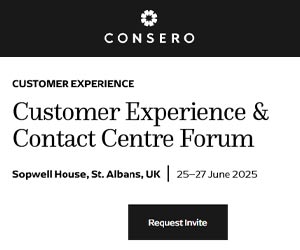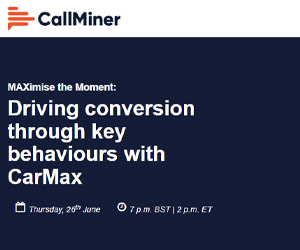In business do you feel aggrieved when you receive a complaint about your service? Is it just another thing on your list to address, re-process, or redefine actions and systems needed within your business? Are you looking after yourself or is your customer the real No.1?
As a customer do you feel aggrieved when your valuable feedback is not welcomed, or when the organisation makes it difficult for you to rectify the problem, and therefore to stay loyal?
It is fortunate that from time to time we can experience both sides of the coin. But what I find hard to swallow is when organisations are making really bad, basic errors and putting more time into finding new customers than taking care of existing ones.
A recent article from Cirrus Response highlighted what the customer is really looking for (from their research):
- 72% expect first call resolution.
- 71% expect polite and friendly agents.
- 48% expect short queue times.
- 29% don’t want to be transferred.
- 23% want short IVR menu options.
- 12% want short call times.
- 10% want long opening hours.
Fairly common sense, but then common sense is not always common practice.
Apart from a lack of awareness or knowledge of these factors, perhaps there are other barriers that prevent these basic standards being achieved. A recent contact centre I was working with was well aware of the need to shorten its lengthy 9 option IVR down to the industry best practice of 3 options, but was prevented by doing so until other printed materials, van signage and other factors could be updated.
So here are 3 quick wins you can implement:
- Increase First Call Resolution by supporting your agents with a fast and accessible knowledge base. Use daily verbal shift updates to pass on the important bits of information, don’t rely on email cascades! Empower your agents to solve problems, give compensation and satisfy customers. Escalations and lengthy investigations often ‘cost’ more in organisation time than the refund or goodwill gesture being considered.
- Use your Quality Monitoring processes not just to score agents but to give the coaching on what ‘polite and friendly’ means. Give examples of what works and what doesn’t. Do they really understand the impact of barking ‘Name?’ instead of saying ‘May I take your full name please?’
- Your First Call Resolution strategies and good call routing should reduce the need for transfers, but if transfers are necessary make sure your agents use ‘warm’ transfer practices (passing on the caller information) before releasing the call. ‘Cold’ transfer practices, i.e. just dropping the call to a colleague or, even worse, back into a queue, frustrate the customer when they have to repeat their story all over again. No wonder 29% of people don’t want to be transferred. It’s like a game of ‘hot potato’!
I recently observed an agent doing a cold transfer. When I asked her why she had done it, she replied that ‘it would take ages to wait for a member of the team to pick it up and she had other things to do.’ So my question to her was this. Are you looking after No.1? Is No.1 you or your customer?
Author: Jonty Pearce
Published On: 18th Feb 2014 - Last modified: 24th Aug 2016
Read more about - Archived Content

























